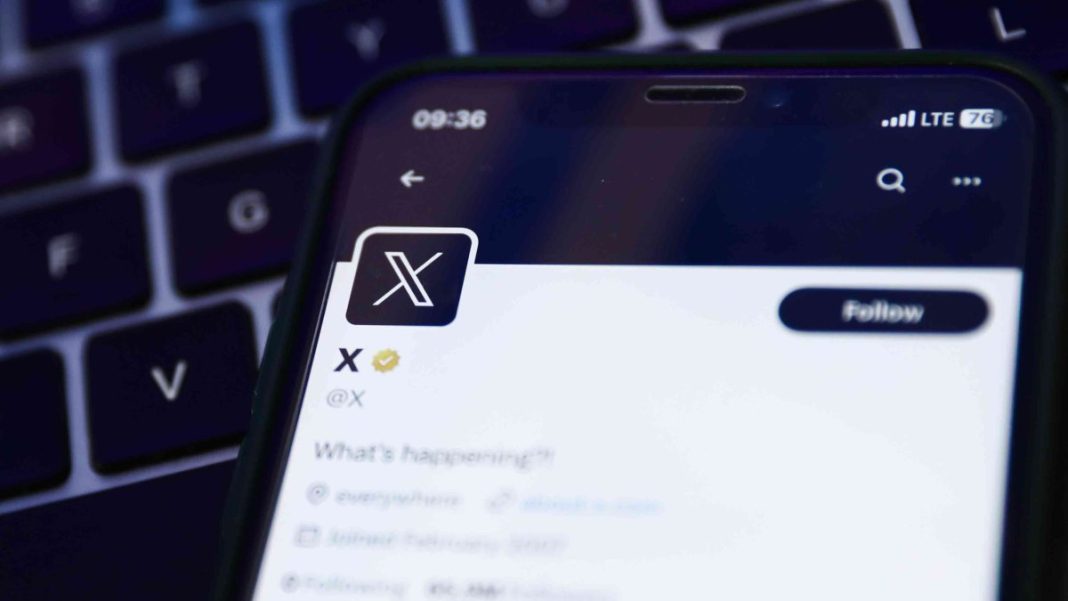The legal filing alleges that the network disclosed user data to the Saudi authorities “significantly more often” than to the US, UK and Canada, and ignored “the red flags” of a systemic crackdown on dissent on the platform by Saudi authorities dating from December 2014, when it was infiltrated by three Saudi agents.
The security breach exposed the identities of thousands of anonymous users, some of whom were subsequently detained and tortured.
The lawsuit was first filed in May by Areej al-Sadhan, the sister of a Saudi aid worker who was forcibly disappeared and subsequently sentenced to 20 years in jail.
The new claims, updated last week, say that Twitter, under the leadership of then-chief executive Jack Dorsey, overlooked efforts by the Saudi government to use the platform as a means to crack down on its critics, in the interests of preserving close ties with its top investor.
The claims come shortly after a Saudi court handed out a death sentence to Muhammad al-Ghamdi based on views he expressed in tweets, in what Human Rights Watch (HRW) condemned as an “escalation’” of the government’s campaign against freedom of expression.
Additionally, the new lawsuit claims that Ahmad Abouammo, a former Twitter employee who was later convicted in the US for acting as a double agent, had sent a message via Twitter to Saud al-Qahtani, a close aide to Saudi Crown Prince Mohammed bin Salman who was later accused of orchestrating the murder of journalist Jamal Khashoggi, that read “proactively and reactively we will delete evil, my brother”.
According to the lawsuit, this was a reference to the crackdown on Saudi dissidents using the platform that X either knew about or “deliberately” chose to ignore.
The lawsuit alleges that even after his resignation in 2015, Abouammo continued to submit requests to the platform for users’ confidential data, openly stating that the requests were on behalf of his “old partners in the Saudi government”.
Twitter was also quick to hand over documentation confirming users’ identity following emergency disclosure requests (EDRs), the lawsuit alleges, enabling Saudi authorities to access user information within hours of a tweet deemed critical of the kingdom.
Furthermore, the platform failed to alert its users of the scale and severity of the data breach and, by doing so, the company “put thousands of Twitter users at risk”, the lawsuit said.
